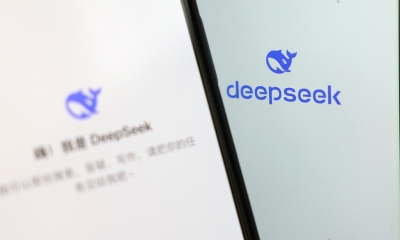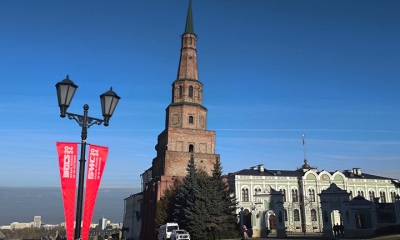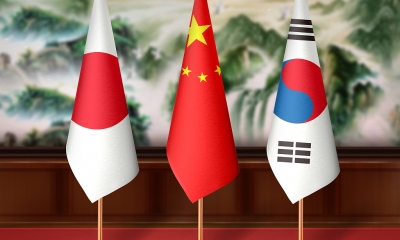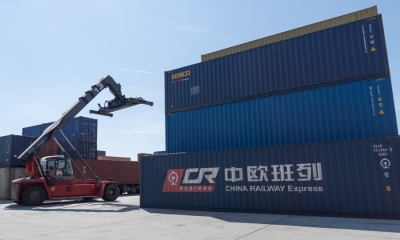Western Criticism of Chinese Athletes Is Hypocritical
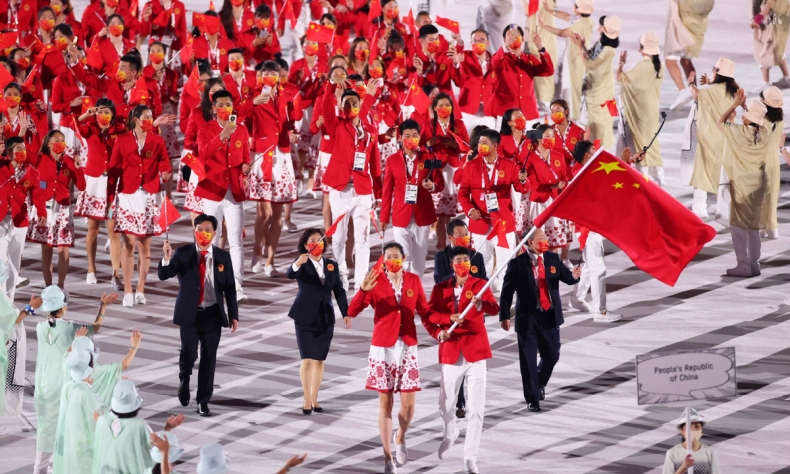
The U.S. has 613 athletes competing at these Games. And does anyone really think the U.S. government wants anything less than to see its athletes win the most gold medals?
When you are determined to criticize the opponent, you will use anything to advance your cause. And you will refuse to accept that hypocrisy is in play.
With that in mind, please remember that China is the number one target for media in the United States. With the Olympics on the minds of millions of Americans, now is the perfect time for the media to unload its invective on China and its Olympians.
The latest example of the media’s commitment to undermining the accomplishments of Chinese athletes at the Tokyo Olympics: Chairman Mao badges.
You read that correctly. Chairman Mao badges.
In case you missed it, two Chinese gold medalists wore a badge, with Chairman Mao clearly displayed, on their uniform jackets during their medal ceremony earlier this week. Reuters reported that the athletes’ decision was “a potential breach of Olympic rules on the display of political paraphernalia”. The International Olympic Committee (IOC) is investigating the situation, though it is not clear what kind of sanction it might levy against the Chinese athletes. I highly doubt any penalty will be forthcoming, and I do not see any reason to penalize the athlete. The athletes wear a badge displaying the founder of their own country.
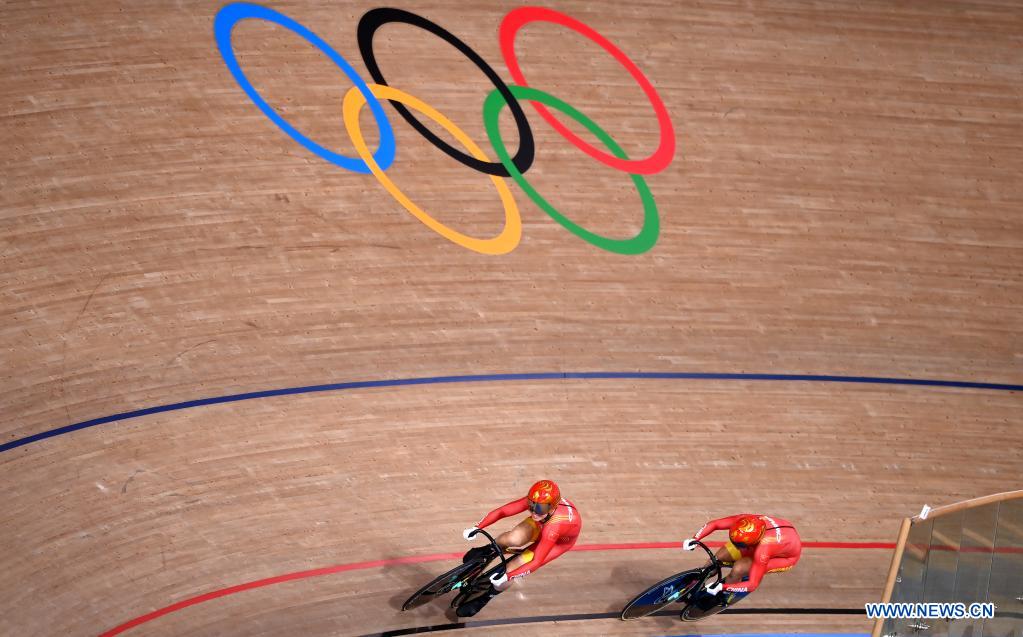
Reuters—perhaps accidentally, perhaps intentionally—failed to note in its report that the IOC had tweaked its rules about athletes and protest statements in advance of the Tokyo Olympics. Under the new guidelines, athletes may not do anything that could be interpreted as a clear intent to protest on the medal podium.
With that as the litmus test, can anyone with a straight face suggest that an athlete wearing a badge that includes the face of a major historical figure from her country equates to political protest?
There really is no secret as to what is going on here: The media concluded that the Chinese athlete’s decision was controversial because such a story “fits” the narrative that China is not upholding the virtues of the Olympics.
In other words, they see China is in the 21st century what the Soviet Union was for much of the 20th century: A nation that in the eyes of the U.S. media and political elite is filled with amoral leaders who will adopt any strategy in order to win. That storyline generated plenty of headlines and was great for U.S. television ratings throughout the back half of the 1900s. It is not yet guaranteed that the same storyline will work in the front half of the 2000s.
Nevertheless, since the beginning of the Tokyo Olympics, U.S. and Western audiences have received a regular dose of stories questioning the integrity of China and its athletes.
The New York Times claimed that China will sacrifice a child’s chance to grow up normally because the government has a lust to see its country win more gold medals than any other nation. According to the newspaper, “China’s sports assembly line is designed for one purpose: churning out gold medals for the glory of the nation. Silver and bronze barely count. By fielding 413 athletes in Tokyo, the largest number since the Beijing Games in 2008, China aims to land at the top of the gold medal count.”
In case you were wondering: The U.S. has 613 athletes competing at these Games. And does anyone really think the U.S. government wants anything less than to see its athletes win the most gold medals?
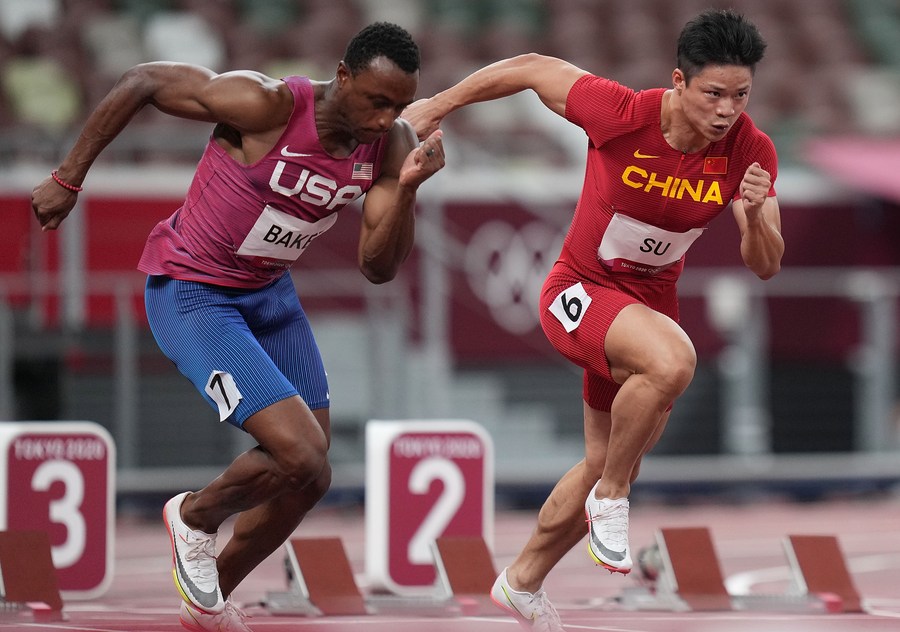
This same nonsense about a Communist-led nation committed to winning no matter the cost was directed at the Soviet Union during the Cold War. And please do not question whether I am correct: My doctoral dissertation examined U.S. newspaper reporting of Soviet and American athletes during that critical period of modern history. Here is the summary statement from my research: The U.S. audience was told by U.S. media that U.S. athletes won because of hard work and determination, while Soviet athletes won because “the system” kept churning out one athlete after another who would be used simply so Soviet officials could tout the vigor and strength of their way of life.
Next, the recent successes of multiple athletes from Taiwan [Chinese Taipei as its official name authorized by IOC] and Hong Kong of China have been used by the media to criticize China for continually reminding the world that those lands are part of China. The Guardian asked whether Taiwan’s successes at the Tokyo Games might compel the International Olympic Committee to reconsider its decades-long policy requiring athletes from Taiwan to compete at all Olympics under the name “Chinese Taipei” and without the Taiwanese flag. Absent from that story was any Chinese government or sports official defending the IOC’s decision or China’s consistent endorsement of that policy. Even in Taiwan, the attempt to change the name of Chinese Taipei into Taiwan for Tokyo 2020 had been vetoed by most voters in a referendum held in 2018.
Finally, Financial Times amplified the disrespectful behaviors of some people in Hong Kong when the Chinese national anthem played as an athlete from Hong Kong was awarded a gold medal. The newspaper wanted its audience to see that such demonstration was “evidence” that it opposed China in the country’s special administrative region.
But an interesting theme also appeared in the FT’s story: An acknowledgment that Hong Kong would continue to be represented at the Olympics with the official name of Team Hong Kong, China.
 Facebook
Facebook
 Twitter
Twitter
 Linkedin
Linkedin
 Google +
Google +




